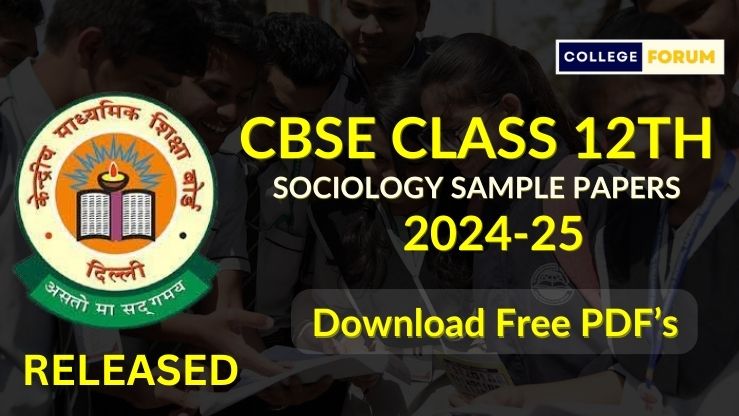Writing Your First Best Research Paper: Tips and Tricks
Diving into your first research paper can feel like stepping into a new world. Between the in-depth research, structured formatting, and the pressure to present original ideas, it can be overwhelming! But with the right approach, you can handle the challenge confidently. Here are some essential tips and tricks to help you craft a successful first research paper and ace the process. 1. Understand the Assignment and Choose a Topic Wisely The first step in writing any research paper is fully understanding the assignment requirements. Is there a specific word count? A particular format? Any guidelines for topic selection? Before you start, clarify any questions with your professor. Choosing a topic that genuinely interests you will make the research and writing process far more engaging. However, make sure it’s specific enough to explore within the paper’s length. A broad topic like “Global Warming” might be too overwhelming, but narrowing it down to “The Impact of Global Warming on Arctic Wildlife” makes for a more focused and manageable research paper. 2. Do In-Depth Research and Take Organized Notes Quality research is the backbone of any good paper. Start by consulting credible sources such as academic journals, books, and reputable websites. University libraries are treasure troves of scholarly databases where you can find reliable material. As you gather information, organize your notes. Consider using an app like Evernote or OneNote, or even a simple Word document, to categorize your research by topic. This helps you avoid the stress of flipping through scattered notes when you start writing. 3. Craft a Clear Thesis Statement Your thesis statement is the heart of your paper—it tells your reader what you’re arguing or analyzing and why it’s important. A strong thesis is specific, debatable, and supported by evidence from your research. For example, instead of saying, “Pollution is bad for the environment,” a more focused thesis would be, “Air pollution in urban areas has led to an alarming increase in respiratory diseases, particularly affecting young children.” Remember, a well-defined thesis will give your research paper a clear direction and purpose. 4. Create a Research Paper Outline Outlining your paper might seem tedious, but it’s a game-changer. An outline gives structure to your ideas and keeps your writing on track. Divide your paper into sections, like introduction, literature review, methodology, analysis, and conclusion (if your paper format requires these). Under each section, list main points or arguments you want to cover. Not only will this save time when writing, but it will also ensure a logical flow of ideas, helping readers follow your arguments easily. 5. Start Writing: Introduction, Body, and Conclusion Introduction: Start with an attention-grabber—perhaps an interesting fact, quote, or question. Then, introduce the topic briefly and present your thesis statement. A strong introduction hooks your readers and sets the tone for the rest of the paper. Body: Divide the body into sections or paragraphs, each covering a key point that supports your thesis. Begin each paragraph with a topic sentence, provide evidence, explain how it relates to your thesis, and transition smoothly to the next point. Remember to cite sources appropriately; this gives credit to the original authors and strengthens your arguments. Conclusion: Summarize the main points of your paper and restate the thesis in light of the evidence presented. Your conclusion should offer insights or suggest implications of your findings without introducing new information. 6. Revise and Edit Your Work Revising is just as important as writing the paper itself. After completing the first draft, take a break before revising; fresh eyes will help you catch mistakes or awkward phrases. Check for clarity, coherence, and flow. Ensure every paragraph contributes to the thesis and remove any off-topic content. After revising for content, focus on proofreading to catch grammar, spelling, and formatting errors. Online tools like Grammarly or the Hemingway Editor can help polish your paper. 7. Properly Cite Your Sources Citing your sources is crucial to avoid plagiarism and lend credibility to your paper. Each field has its citation style, like APA, MLA, or Chicago. Familiarize yourself with the required format, and make sure every source in your bibliography is properly cited in the text. Citation tools like Zotero, Mendeley, or online generators can save time and help maintain accuracy. 8. Ask for Feedback Before submitting your research paper, seek feedback from a friend, classmate, or professor. They may notice inconsistencies or unclear sections you missed. Constructive feedback can make a big difference in refining your paper and boosting your confidence. Final Thoughts Writing your first research paper is a valuable skill that strengthens critical thinking, research abilities, and communication skills. By following these tips and tricks, you’ll not only navigate your first research paper successfully but also lay a strong foundation for future academic writing. Remember, every great researcher started as a beginner, and with practice, you’ll improve with each paper you write.
Writing Your First Best Research Paper: Tips and Tricks Read More »









